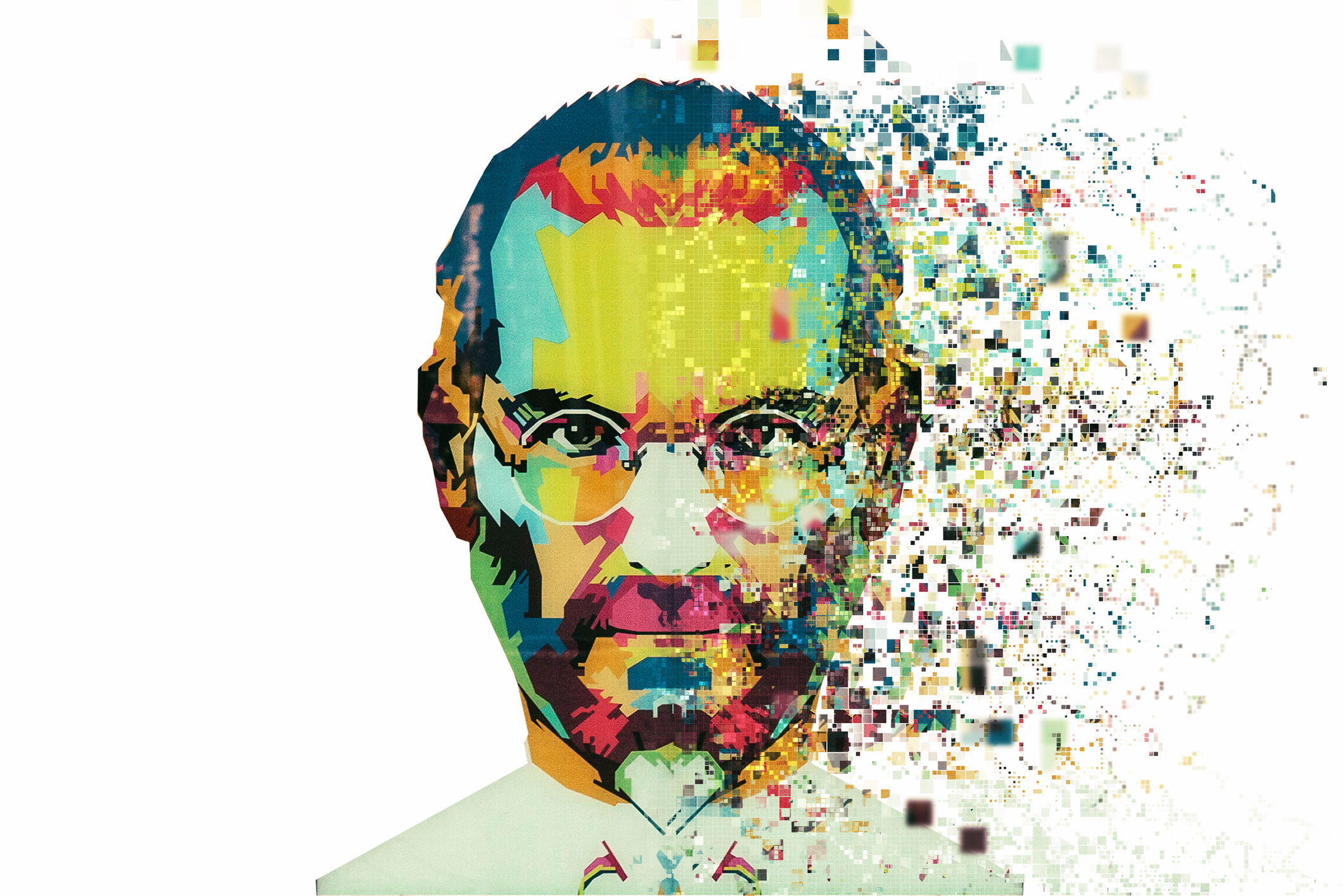From the writings of John Myrna
My wife Mary had a new iPhone. Watching her use and embrace this product reminded me of the time I spent a morning with Steve Jobs.
In the late seventies, my group was creating a major software system for Apple’s next-generation computer. I was in Cupertino with my Project Manager for an early morning meeting to finalize the contract with Apple’s co-founder, Steve Jobs. We were ushered into his office late in the morning and Steve gave us 100% of his attention.
He was mesmerizing and every bit a sales showman as Ron Popeil or Billy Mays. He shared his vision for the personal computer as well as his technical philosophy.
He was excited about integrating audio technology so you could even use his new machine as your telephone.
Bandying about a light pen, a personal input device that pre-dated the mouse, he rhapsodized how for less than two dollars he could include one with every machine. “If you make a component an option, then application developers won’t incorporate it.” He didn’t believe in having optional functionality.
“An Apple computer on every desk.” He saw the personal computer ultimately as ubiquitous as the telephone. And he emphasized that telephones don’t have slots, don’t have options, and are extraordinarily easy to use. If he could have his way, his computers would have every feature standard and be easy to use.
Steve remained true to his vision over the years, although for many years his vision was too far ahead of the available technology. Products he had direct control over were crippled by their lack of expandability. By the 21st century, however, the technology had finally caught up with his vision.
With the iPhone, introduced in 2007, everyone could enjoy the full flowering of a vision that took shape nearly thirty years earlier. An Apple computer not on every desk, but in every pocket.
What is your company’s vision? What do you and your team visualize the company will look like in five years? In ten? In twenty? The best way to do this is through a well-structured strategic planning process, including effective implementation.
p.s. Before I left Steve’s office I asked what he would do if our software was the main reason people ended up buying his new computer. His answer? “I’ll buy your company.” I laughed since we were twice as big as Apple. By the next year Apple was bigger than us and within a couple of years an order of magnitude bigger. Apple clearly had a vision of where it was going and the leadership and implementation to get there.




